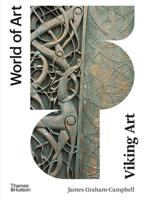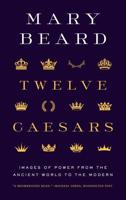Publisher's Synopsis
To appreciate England's earliest Gothic buildings and artthe great cathedrals at Canterbury, Lincoln, Salisbury, and Wells and contemporary Gothic texts and imagesit is necessary to understand the religious and ethical ideals of the individuals and communities who sponsored them. Paul Binski's fascinating new book offers a radical new perspective on English art, architecture, social formation, and religious imagination during this pivotal period.
Binski reveals that the Church, although authoritarian and undergoing reform, was able to come to terms with new developments in society and technology as well as with the fact of social and religious diversity. He explains how varying ideals of personal sanctity were bound up with radical new notions of leadership, personal ethics, and styles of religious devotion and how ideas of reform of worship, personal conduct, and art affected the community at large.







